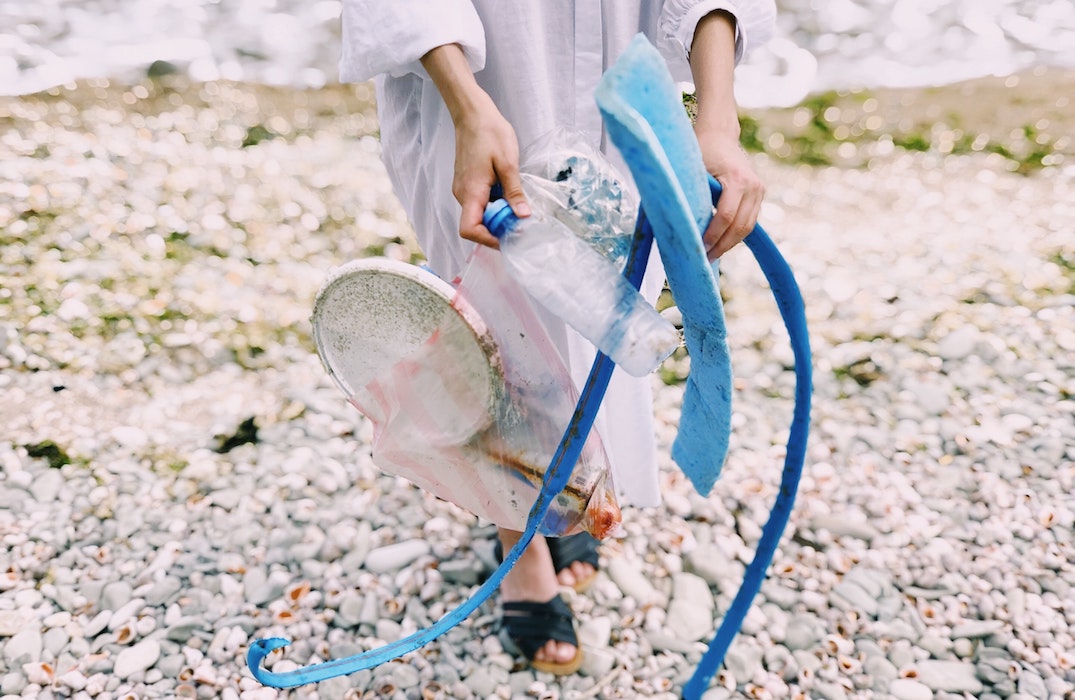
Tourism in Bali is booming — but who’s surprised?
The islands’ captivating culture, postcard-worthy ocean, and stunning geography have left lasting impressions on visitors since the 60s, when Bali (and in particular the small village of Kuta’s “secret” untouched surf spot) became an essential stopover for hippies travelling between Australia and Europe.
Word got out of this magical island in the sun, and in 2018 Bali’s Ngurah Rai International Airport welcomed over 6.5 million tourists, an increase of over 10% from 2017.
According to Nusa Bali, 2019’s target is set at 6.8 million visitors, (which seems likely given the number of Bali vacation selfies on Instagram lately). With Bali’s surge of tourism, environmental effects have followed.

Daria Shevtsova/Pexels
Go eco
View this post on Instagram
When planning your trip, consider minimizing your environmental impact by staying at an eco-hotel or hostel. These sustainable stays are committed to reducing environmental impacts in their daily operations, such as conserving energy and water, preserving natural habitats, and pollution prevention.
Refuse + reuse
View this post on Instagram
One look at Seminyak’s beach pollution and you’ll never grab a plastic straw again, guaranteed.
While new laws against single-use plastics are still being rolled out, aim to refuse any plastic products commonly offered at restaurants, cafes, and stores. Avoid contributing to the pollution by bringing a reusable bottle instead. Unfortunately, the tap water in Bali is of questionable quality, so save yourself a case of “Bali belly” and aim to refill only from larger, filtered jugs from the local grocery store.
Get involved
View this post on Instagram
From organized beach clean-ups and to community education, there are plenty of ways to get involved and learn from local organizations. Check out Plastic Free Uluwatu, Scholars of Sustenance and R.O.L.E. Foundation, and be sure to search Facebook for any organized events.
Bali is an island known for its natural wonders — the sea, the jungle, the wildlife — and we plan to keep it that way. By being responsible travellers and getting involved, we can all contribute to keeping Bali beautiful.

